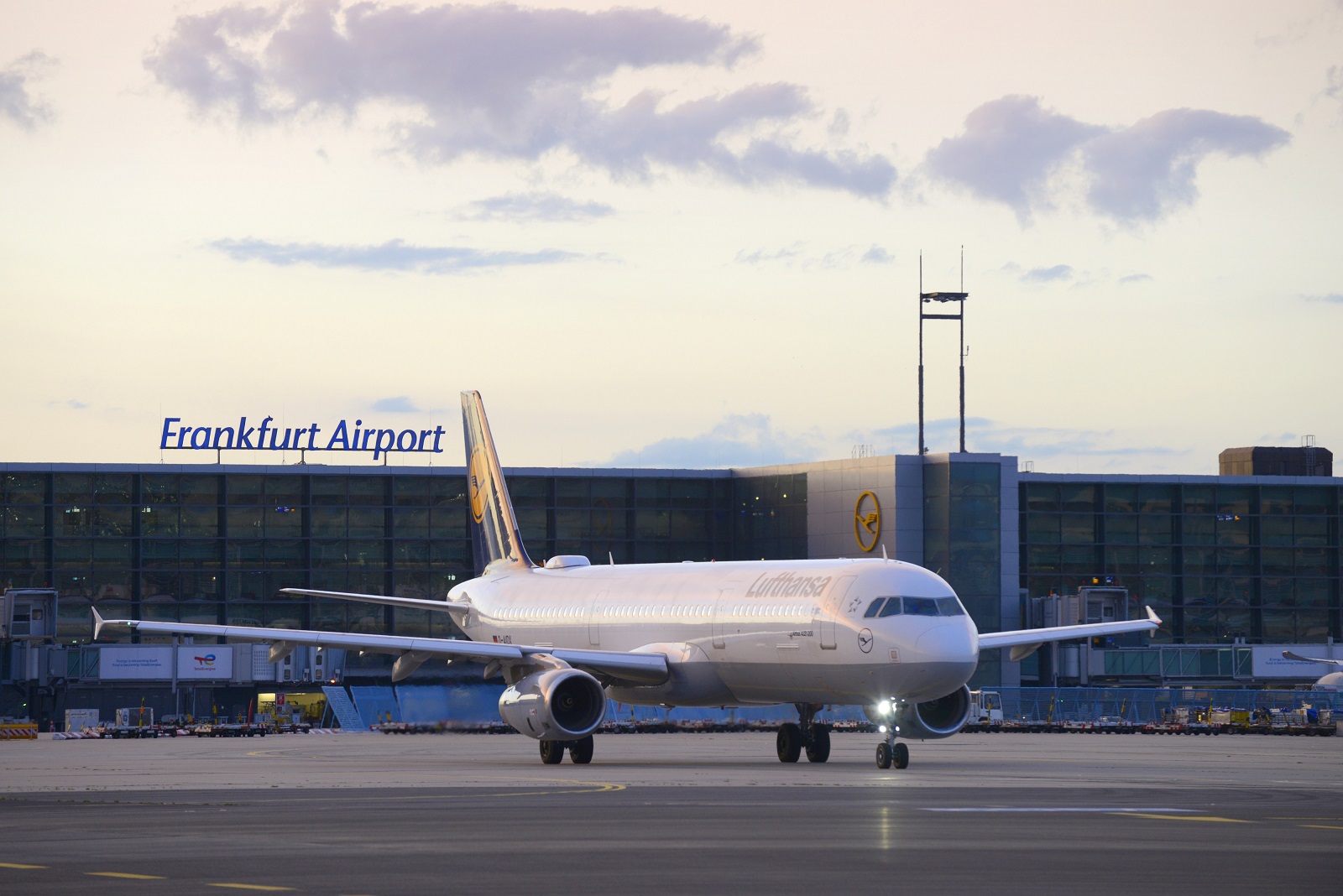Fraport aims to ramp up Frankfurt cargo capacity
26 / 04 / 2024

Source: Fraport
Fraport will invest in digitalisation and develop new cargo areas at Frankfurt Airport as it expects volumes to increase to around 3m tonnes per year by 2040.
The airport operator has developed a new cargo masterplan split into three areas – further investment in digitalisation to create efficiency; the redesign of the CargoCity South Area; and the development of a new LogisticsHub West.
Fraport will develop LogisticsHub West on the site of the former Ticona plant on the airport’s western flank.
From 2028, logistics facilities measuring up to 150,000 sq m will be built on a site totalling around 250,000 sq m.
Operational facilities for other airport functions will occupy a further 35,000 sq m.
“Due to its vicinity to the Northwest Runway, the location also offers the potential for a connection to the airport’s airside area,” Fraport said.
“In the long-term, after 2030, there is also the option of developing the LogisticsHub West into a trimodal hub that includes road, rail, and air connections.”
Meanwhile, the CargoCity South plans will swap flight-operations areas and cargo spaces to free up 43,000 sq m of additional cargo space that will have a direct connection to the apron.
The move will also create 20,000 sq m of additional space for ground handling and special services.
“Under the plan, the 18 affected aircraft positions will remain available in the future, albeit under a new arrangement. Fraport is undertaking intensive discussions with the appropriate regulatory authorities about the change and will initiate the necessary zoning modification process shortly,” the operator explained.
On the digital front, Fraport is “adopting comprehensive digitalised processes in order to boost efficiency further and to facilitate straightforward, seamless, and transparent logistics”.
This includes the further development of its Cargo Community System. Fraport and software developer DAKOSY have formed a joint venture called allivate and a roadmap has already been agreed with the cargo community to “accelerate the digital transformation for cargo even further”.
Fraport said the investments will help maintain Frankfurt’s position as Europe’s busiest airfreight hub. Last year, the airport handled around 1.9m tons of cargo, although this is down on the 2.3m tons handled in the record year 2021.
Pierre Dominique Prümm, Fraport executive director for aviation and infrastructure, said: “Given the expected growth and changing requirements, now is the right time for a comprehensive innovation and investment package.
“We’re developing our airport sustainably and in line with actual demand. This is why we’re launching the CargoHub Masterplan. Our aim is to position the Frankfurt CargoHub for the future – thus making a clear contribution to growth in the state of Hesse as an economic powerhouse in the heart of Germany and Europe.”
Fraport senior vice president cargo development and management Max Philipp Conrady said that the plans would be developed in conjunction with customers, partners and neighbours.
“When developing our plans, we’re always considering the needs of our customers and partners but also those of our neighbors. We’re communicating transparently to develop the airport sustainably and in a way that works for everyone,” he said.
“The guiding principle for our vision is ‘Creating the Future of Cargo Together’: that’s because the development will only work if we cooperate with everyone affected, particularly the local cargo community.”
Dietmar Focke, chief operations and human resources officer at Lufthansa Cargo and a member of the executive board at Air Cargo Community Frankfurt added: “We welcome the planned measures, because they are providing solutions for the current challenges faced by the industry.
“There is a growing demand for digitization and automation within the community. We need timely, digital processes – particularly for the growing e-commerce business. At Lufthansa Cargo, we’re boosting and updating our presence at the Frankfurt hub by investing €500 million in our infrastructure. We’re also ordering new cargo aircraft. These decisions underscore our commitment to Frankfurt.”














